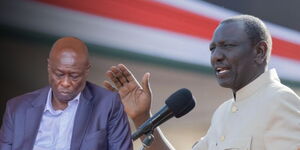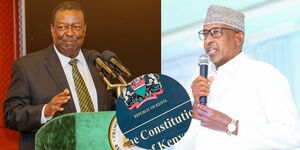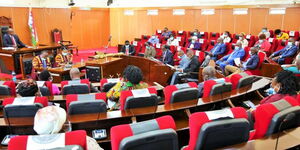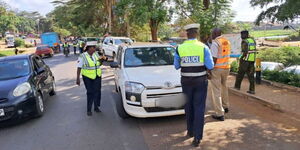Amnesty International Kenya has issued an urgent advisory after reports revealed that families who lost their loved ones during the June 25 commemorative protests were being asked to bury the victims without postmortems.
The advisory follows the protests on Wednesday, June 25, that left 16 protesters across the country dead and 400 injured.
Amnesty Kenya’s Executive Director Irungu Houghton stated that police are misleading families into burying victims without postmortems. He argues this violates the victims' and families' rights and hampers justice.
“We have received reports that some police officers are allegedly misadvising victims' families to bury their loved ones without a postmortem,” Irungu noted.
According to Amnesty, the families have the right to know the cause of death of their kin and to have access to a forensic death investigation.
Following the concerns, the authorities have advised the families not to move forward with the burials until a proper postmortem is conducted by an independent pathologist.
“Do not bury any person without a post-mortem examination and the presence of an independent pathologist. Every person has a right to know the cause of death and be issued with a copy of the postmortem report (Form 23A) and relevant additional information,” Amnesty advised.
The advisory also clearly outlined steps for families and injured people to follow.
Injured persons are encouraged to retain all medical records, including scans and photographs of injuries, and to report incidents at the nearest police station to obtain a medico-legal report (P3 form).
This form must then be completed by a registered medical officer, Amnesty advised.
For fatalities, Amnesty insists that bodies must be stored in publicly accessible mortuaries under proper refrigeration. Families are entitled to identify the body, request an independent forensic pathologist, and receive a full postmortem report, including photographs and contemporaneous notes.
This is not the first time such plots have been pulled. Several families who had lost their loved ones in last year's protests had complained of the same.
Some alleged that they were forced to say their kin died from road accidents and not bullet wounds during protests.












